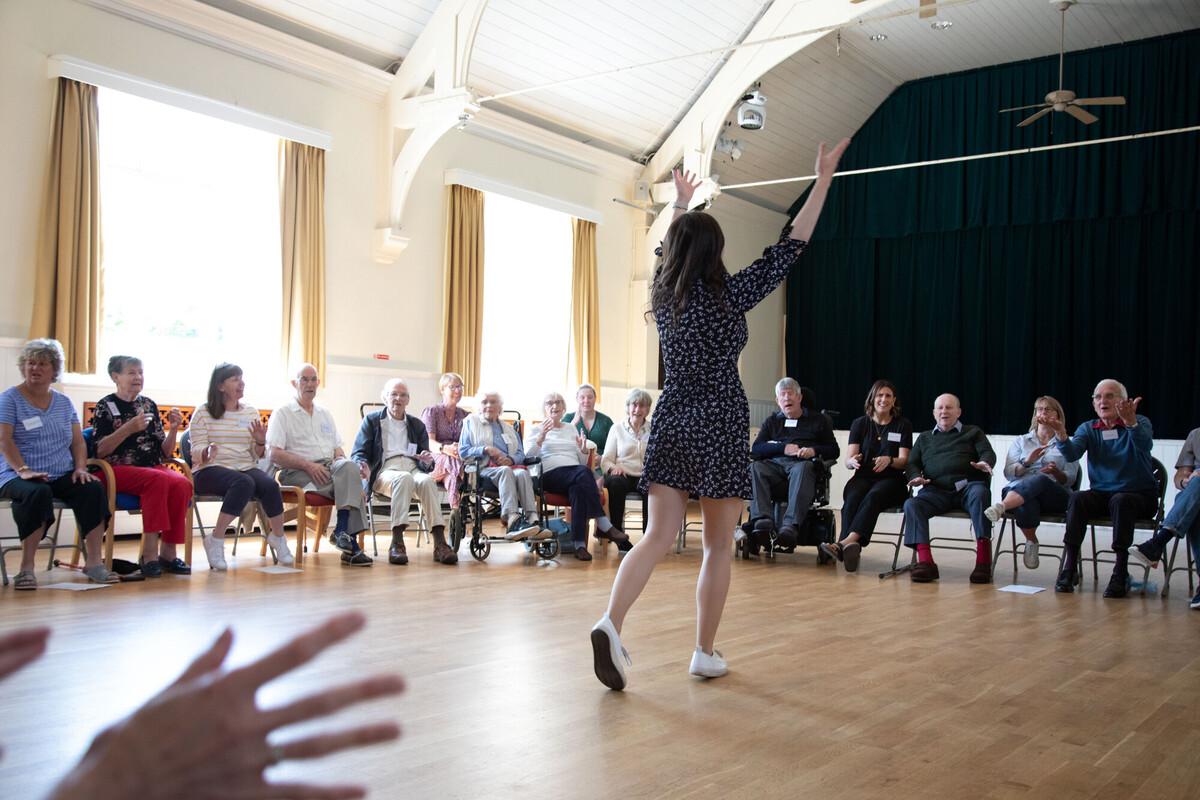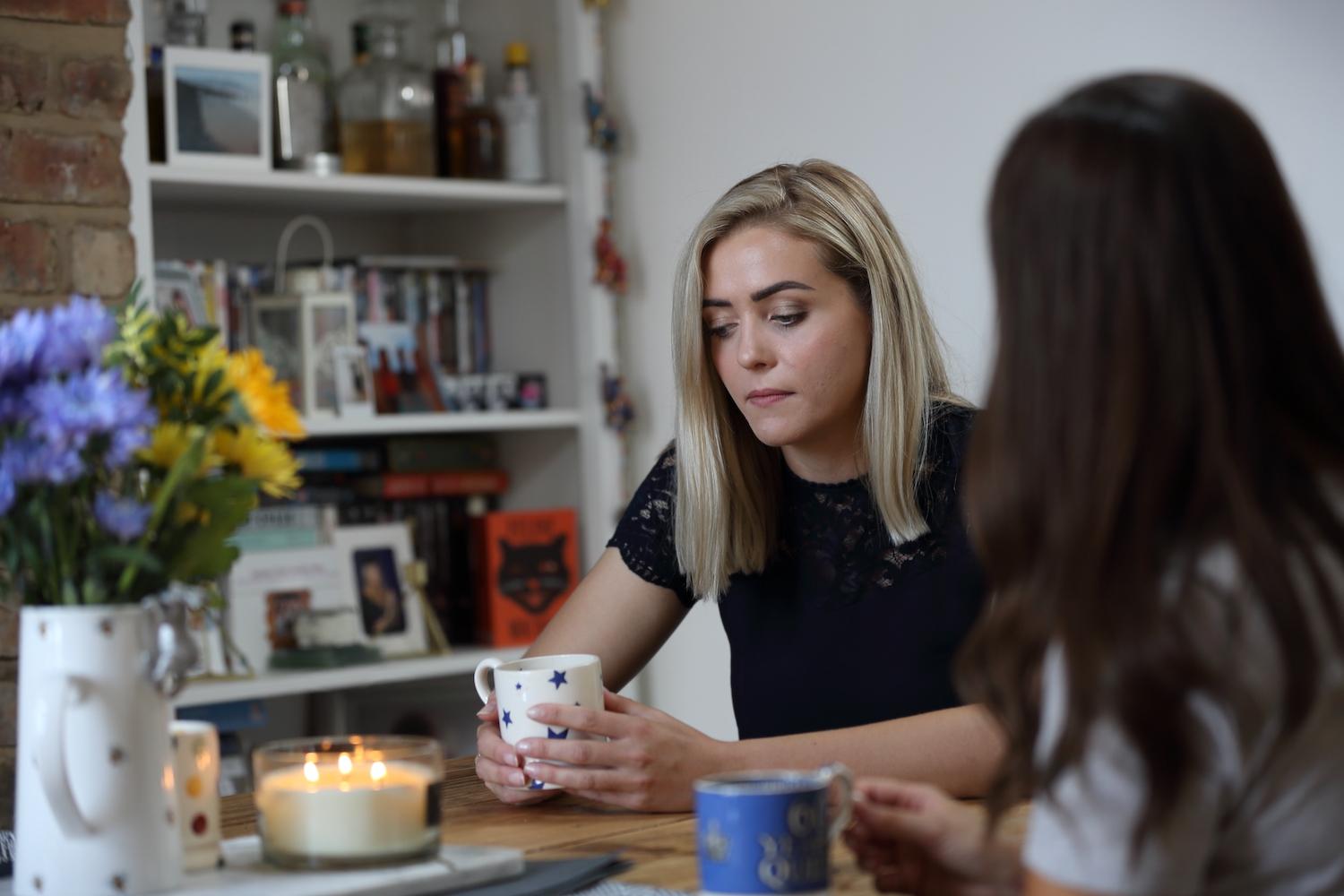Your brain is working hard each second of every day. Much of this happens without you being aware of it. After a stroke, you may find that you struggle with concentration, problem-solving or remembering things.
Difficulties with concentration, memory and problem-solving are common experiences after stroke. This is especially true in the early stages of recovery.
What does this look like?
As with anything stroke related, everyone's experience of these difficulties is different. But we've tried to outline each below.
Concentration
After your stroke, problems with concentration can make simple activities need much more effort. A stroke can affect your brain’s ability to screen out the distractions around you.
This can make it difficult to follow a conversation. Or you may struggle to focus on even a simple task, like making a cup of tea.
Memory
It's not uncommon for stroke survivors to have some trouble remembering things. Memory problems can range from forgetting childhood events to not remembering what you watched on TV yesterday.
Planning and problem-solving
Executive function is the technical name for the thinking processes that allow us to plan and problem-solve. If you are affected, you may notice problems with your ability to make decisions, organise and complete tasks. You may also find some tasks that were quite simple before your stroke need a bit more effort now.
What treatments are available?
Speak to your GP if you're experiencing any of these difficulties. They will likely refer you for an assessment. This can help find out what is happening and why.
Treatments usually focus on ways to cope with your problems, rather than ‘fixing’ them. These are known as coping strategies. An occupational therapist can help you learn the strategies you'll need in your daily life.
There are many strategies you might use. Here are a few examples:
Remove distractions
If you’re finding it hard to filter out what’s going on around you, removing distractions and clutter can help. If you're trying to focus on a conversation, try turning off the TV or moving to a quiet room. While making a cup of tea, keep the kitchen counter clear of things you don’t need.
Work through tasks step by step
Talk through the steps of a task with someone before you start. This way you can catch anything you might have missed. Focus on completely finishing one step before moving on to another.
If someone is giving you information, ask them to break it down and go through it one step at a time. Try to repeat things they tell you in your own words.
Know your limits
Keep tasks to half an hour or as long as you can manage. Don’t force yourself to concentrate for too long. Take breaks when you notice you’re getting tired.
Use prompts and reminders
Use a calendar or diary to keep track of appointments. Labels or pictures around your house can remind you where things go. Leave a notepad and pen by the telephone to write down important information as you go along. Write out instructions or checklists to follow when you do a task.
And remember, prompts don’t have to be written. You can use pictures or recordings instead. Some people make up songs or acronyms to help them remember how to do things.
Adopt a routine
Stick to a daily and weekly routine. And try to do certain tasks at the same time each day. This can help prompt you on what you need to do. Routines can also help you relearn steps in tasks and spot when you miss one.
Other blogs in this category

Community, connection and coping - support for your mental health after stroke
Having stroke can impact on your daily life, relationships, and…
Learn more

Feelings of grief after a stroke
The process of coming to terms with a stroke diagnosis can be…
Learn more
